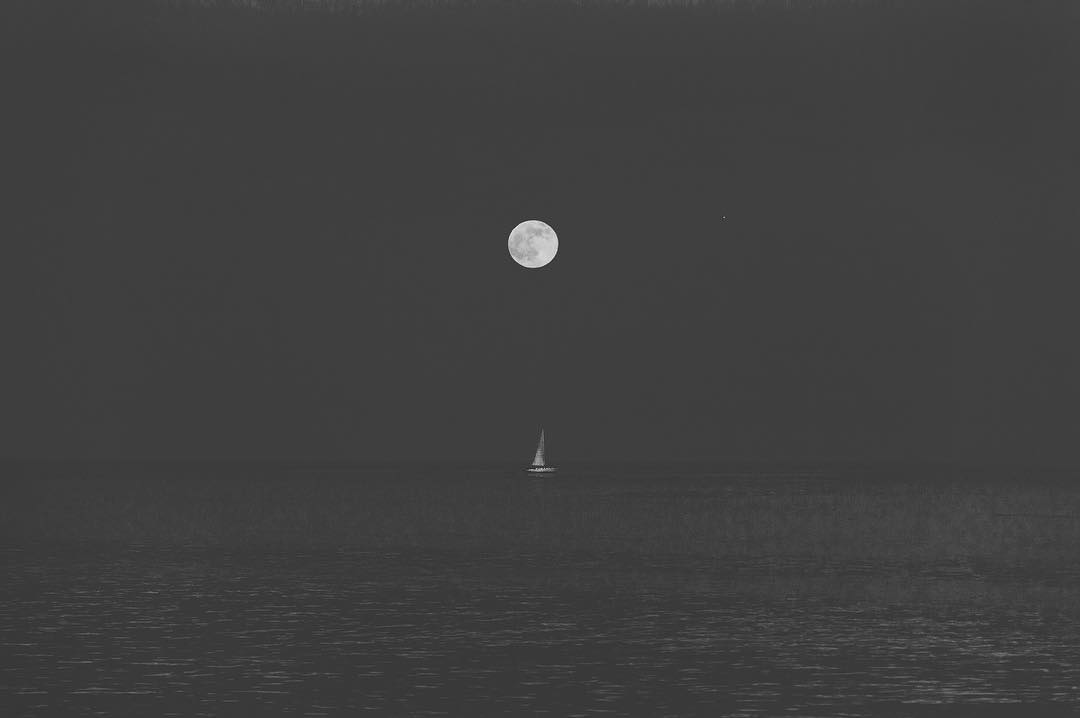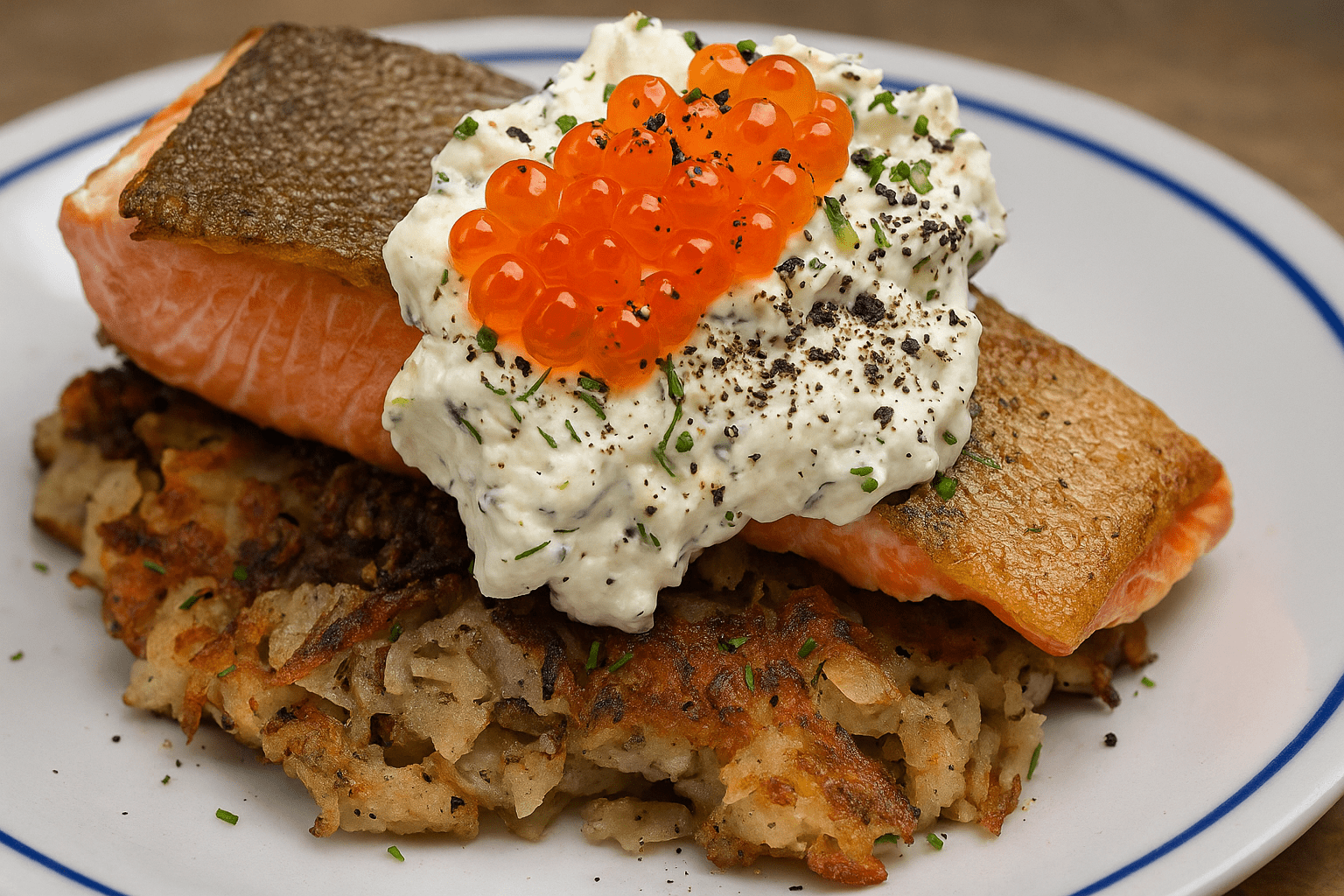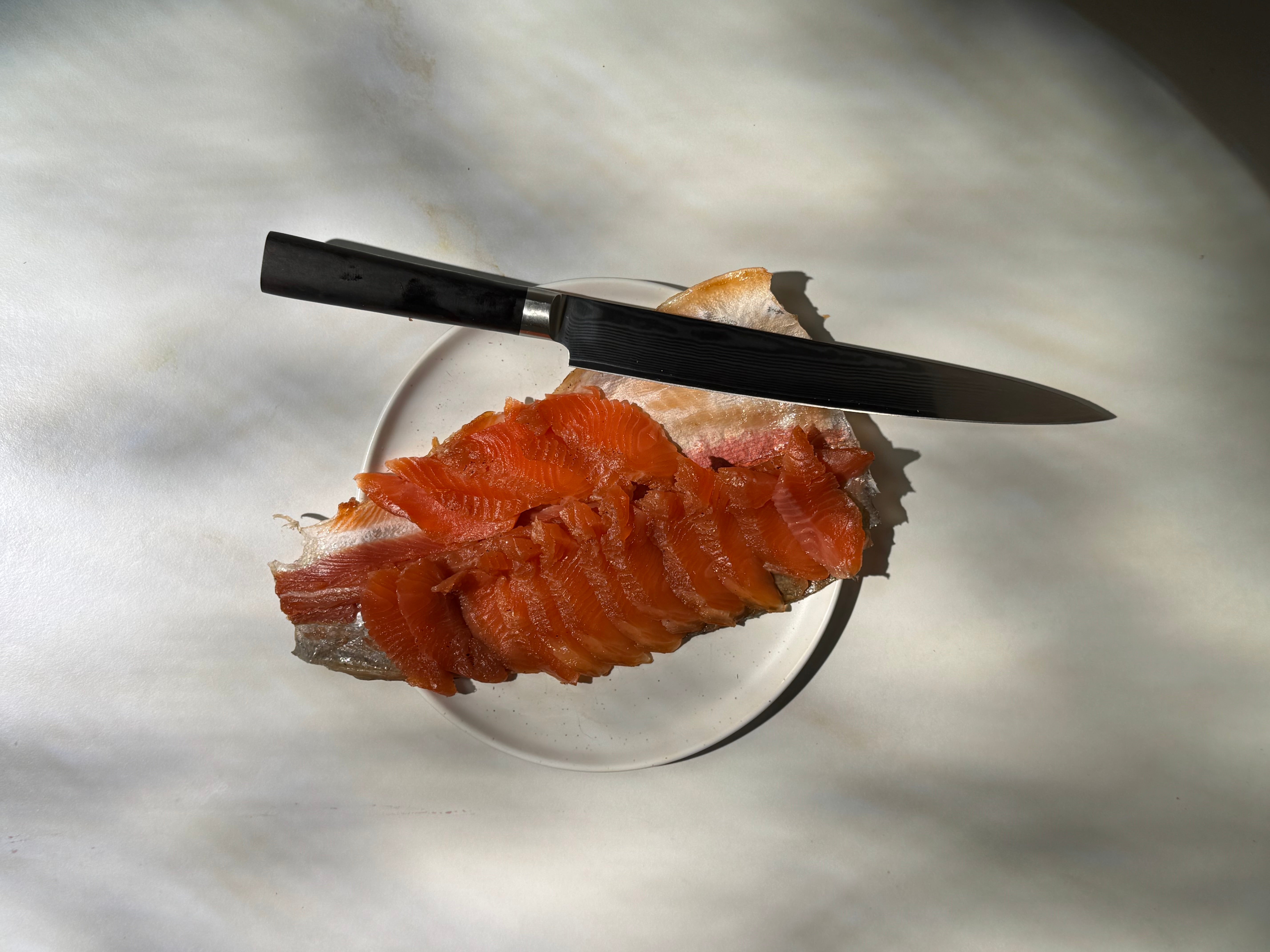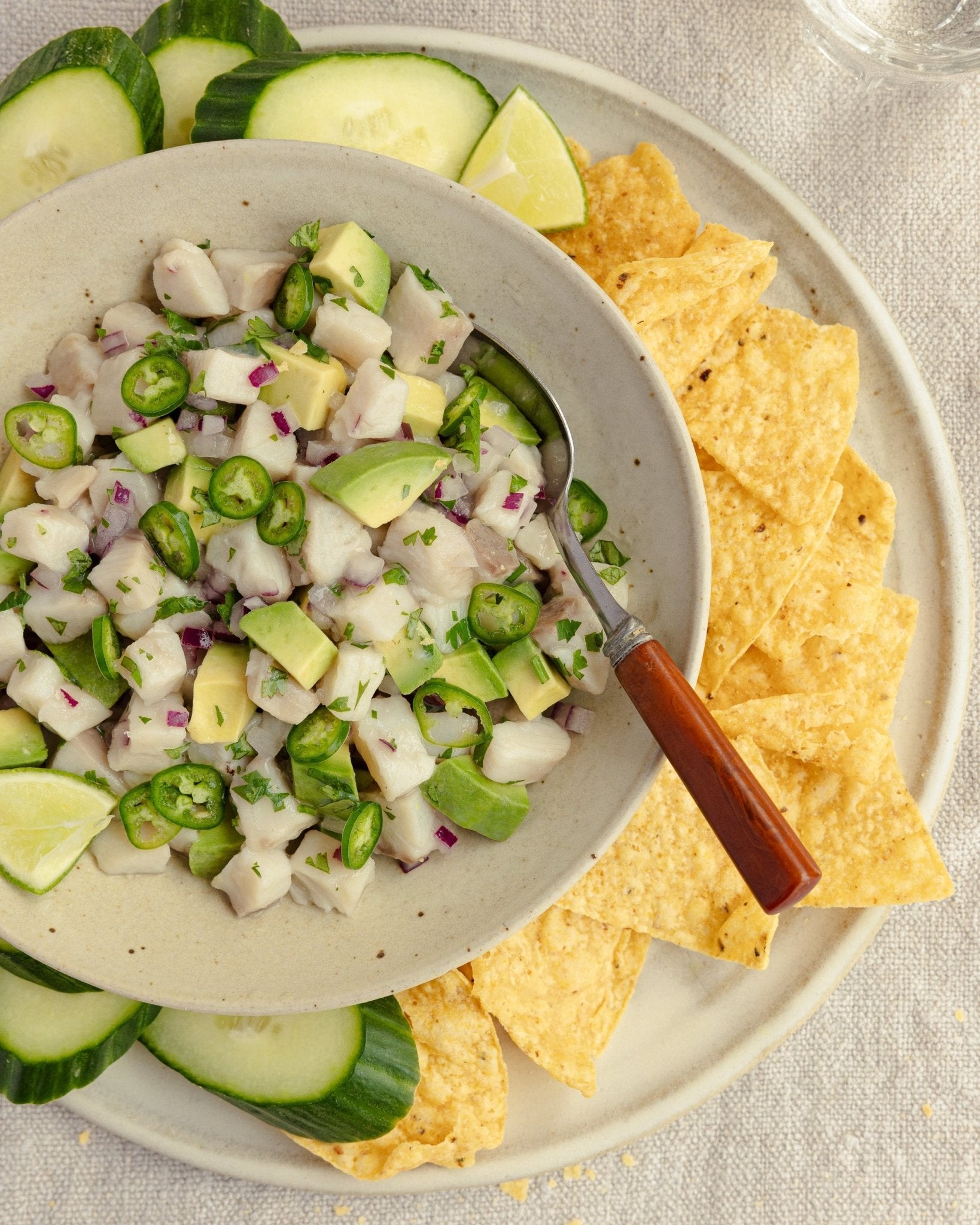Under the Light of the December Cold Moon: A Countdown to 2030
Under the light of this December full moon—known as the "Cold Moon"—I find myself reflecting on the passage of time. 64 full moons have come and gone since we launched Seatopia, each one connecting us to the rhythms of nature. The moon, our constant companion, pulls the tides, shapes the oceans, and marks time long before we ever looked up in awe.
But this December moon serves as a poignant reminder of urgency. We have just 61 full moons left until the year 2030—a pivotal moment for the future of our planet. In 2023, ocean surface temperatures reached record highs, threatening marine ecosystems worldwide. Without immediate action, we risk irreversible damage. The 30x30 campaign, an ambitious global initiative, aims to protect 30% of the world’s oceans by 2030 to address climate change, restore marine biodiversity, and secure a thriving ocean for generations to come.
For me, this countdown is deeply personal. By 2030, I’ll be 53 years old, and my daughters, now just two years and six months old, will be 11 and 9. I often wonder about the oceans they’ll inherit. Will they dive into thriving kelp forests, explore marine protected areas teeming with life, and experience the abundance of our blue planet? Or will these wonders exist only in stories, remnants of a world we failed to protect?
A Tale of Two Futures
The choices we make over the next 61 moons will determine the state of our oceans by 2030. Will we rise to the challenge of conservation and regeneration, or allow the decline to continue unchecked?
The Ocean We Could Lose
If we don’t act, the consequences could be catastrophic:
Biodiversity Loss
Over 90% of global fish stocks could be overexploited or depleted by 2030, according to the FAO’s 2022 State of World Fisheries and Aquaculture Report. Currently, 35% of fish stocks are overfished, with many species on the brink of collapse. The disappearance of key species would disrupt entire ecosystems and threaten food security for billions of people. (FAO Report)
Plastic Pollution
By 2030, the Ellen MacArthur Foundation estimates that the weight of plastic in the ocean could outweigh all fish combined. Microplastics are already infiltrating food chains, impacting marine organisms and human health in ways we are just beginning to understand. A study published in Science Advances highlighted that only 9% of the 8.3 billion metric tons of plastic ever produced has been recycled, with the rest accumulating in landfills and the natural environment. (Ellen MacArthur Foundation)
Coral Reef Collapse
Without immediate action, warming waters and ocean acidification could cause significant coral reef decline. Coral reefs support 25% of marine species, but the IPCC Special Report on the Ocean and Cryosphere warns that reefs could face functional extinction if global temperatures rise more than 1.5°C. Coral bleaching events, driven by climate change, are already devastating reefs worldwide, threatening the ecosystems that depend on them. (IPCC Report)
This isn’t just an environmental issue—it’s a human one. Over 3 billion people depend on the ocean for food and livelihoods, as emphasized in the United Nations Sustainable Development Goal 14. Without change, the ripple effects of a failing ocean will touch every corner of the planet, from food security to rising sea levels displacing coastal communities. (UN SDG 14)
The Ocean We Could Create Together
But the future doesn’t have to be bleak. The 30x30 campaign presents a vision of restoration and abundance. The ocean absorbs nearly a third of all human-produced CO2. Protecting critical marine habitats under the 30x30 campaign is a cornerstone of global efforts to combat climate change. By protecting 30% of the world’s oceans, we can:
Restore Marine Biodiversity
Establishing marine protected areas (MPAs) has been shown to double the abundance of marine life within their boundaries, according to a landmark study in Nature. MPAs act as safe havens for vulnerable species, enabling ecosystems to recover and thrive. Studies show that MPAs increase fish populations, which spill over into surrounding areas, boosting catches for local fishers and providing long-term economic stability. (Nature)
Scale Regenerative Aquaculture
Sustainable aquaculture practices, such as those pioneered by our Seatopia partners, can provide clean, nutrient-rich seafood while reducing pressure on wild fish stocks. Integrated Multi-Trophic Aquaculture (IMTA) systems, for example, mimic natural ecosystems by combining species like fish, seaweed, and shellfish to enhance biodiversity and restore balance.
Rebuild Key Habitats
Restoring habitats like kelp forests and mangroves can protect coastlines, sequester carbon, and provide critical shelter for marine life. Mangroves and Kelp forests act as underwater rainforests, absorbing up to 20 times more carbon per acre than terrestrial forests while providing essential habitats for marine life. A report in Science highlighted that seagrass meadows and mangroves store carbon at rates up to 40 times greater than tropical rainforests.
Making My Children Proud
Every day, when I leave my kids to go into the office or visit one of our aquaculture partners, I tell them I’m doing something that will make them proud. My vision isn’t just about running a business—it’s about building a legacy.
I dream of taking my children to marine protected areas we helped create—places where they can swim among kelp forests we planted, walk through thriving mangroves, and snorkel over vibrant coral reefs. I want them to experience the abundance of the ocean, not just hear stories of what it used to be.
Mars or the Blue Planet?
In the race to innovate, some imagine humanity’s next chapter among the stars. But while it’s possible to survive without oceans—through self-contained ecosystems and land-based aquaculture systems—at what cost?
Mars will never offer the rhythm of tides, the vibrant biodiversity of coral reefs, or the awe of kelp forests swaying beneath the waves. Regenerating Earth isn’t just an environmental necessity—it’s an opportunity to rediscover what makes our planet extraordinary.
The 30x30 campaign reminds us that the ocean isn’t just a resource; it’s the heart of our planet. It produces half the oxygen we breathe, regulates our climate, and supports billions of lives. Protecting 30% of it by 2030 is more than a goal—it’s our chance to ensure a thriving blue planet for future generations.
What Will You Choose?
As we count down the 61 full moons to 2030, let’s reflect on the legacy we want to leave. Will we choose abundance, biodiversity, and thriving oceans? Or will we allow the rhythms of nature to fade away?
Here’s how you can help:
Make Conscious Seafood Choices: Your Seatopia subscription supports regenerative aquaculture and clean, sustainable practices.
Learn the Stories of the Farms: Scan the QR codes in your box to dive into the practices, feed systems, and people behind your meal.
Share What You Know: Tell your friends and family about regenerative aquaculture and why it’s essential for the future of our oceans.
Advocate for Regenerative Aquaculture: NOAA regularly invites public comments on proposed aquaculture sites in the U.S. This is a pivotal opportunity to shape the future of seafood production. Submit Your Comment: Visit NOAA’s public comment page and advocate for farms that use microalgae and insect protein feed, support ecosystem restoration, and move away from unsustainable corn- and soy-based feeds. Your voice helps ensure future aquaculture production is regenerative, innovative, and aligned with the health of our oceans. Public comments help shape policies that determine where and how aquaculture is developed. By advocating for sustainable practices, you can directly influence the future of ocean farming in the U.S.
Spread Awareness: Share the importance of the 30x30 campaign with friends and family to amplify its impact.
Together, Let’s Make These 61 Moons Count
Let each full moon remind us of what’s at stake and inspire action. Together, we can create thriving oceans, abundant marine life, and a legacy worth leaving for future generations.











Share:
What Do Buffalo And Fish Have In Common?
Ocean Rainforest’s Offshore Kelp Farm in Southern California